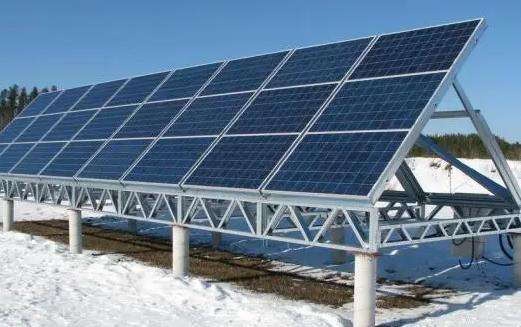The power plant works on the principle that hydraulic energy turns a turbine to produce electricity.
The pumped storage power plant uses the gravitational potential energy of water to produce electricity. She selects the site based on the height difference of the land and achieves this by building two reservoirs with large height differences. .
During different peak and valley periods of energy consumption, water is pumped from the lower basin to the upper basin. At this time, the power plant is in working condition. During peak electricity consumption hours, the water from the upper basin is adjusted to flow into the lower basin, and the water can rotate the turbine to produce electricity.
Hydroelectricity is the conversion of mechanical energy into electrical energy.
Hydropower uses the kinetic energy generated by flowing water to drive turbines and generators to convert mechanical energy into electrical energy. Hydroelectricity can therefore be considered as a process of conversion of mechanical energy into electrical energy.
Specifically, when water flows up and down, the water flow has a certain kinetic energy. In a hydroelectric power plant, water is directed to a turbine located next to the generator. When the water reaches the blades, the turbine begins to spin. The turbine is connected to the generator and rotates the generator's electromagnetic coil, causing it to interact with the magnetic field to generate current.
Therefore, mechanical energy (the kinetic energy of the water flow) is converted into electrical energy (the current in the generator), which is finally transmitted to the user via the sub- station. It should be noted that there isalso energy losses (such as resistance, friction) during the water flow process, so the overall efficiency of hydropower generation depends on the efficiency of each link such as turbines and the generators.
The importance of hydropower:
1. Energy saving: Hydropower uses energy from nature's water cycle and does not require the consumption of non-renewable energy. Like fossil fuels, renewable resources can save energy more efficiently and reduce pollution of the earth.
2. Protect the environment: Compared to the combustion process of fossil energy, which produces a large amount of greenhouse gases and pollutants, hydropower is a relatively clean energy source that does not directly emit carbon dioxide carbon, sulfur, and nitrogen oxides. It has a positive importance for the protectionon the atmosphere, water quality, soil and other aspects of the environment.
3. Improve power generation efficiency: Hydroelectric power generation devices are relatively simple, have high power generation efficiency and long service life. Its operating costs are relatively low and it can meet basic energy needs in some regions.














